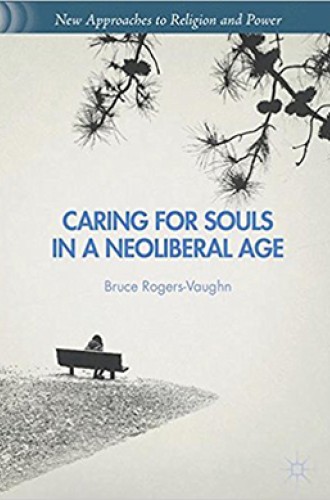Pastoral care in a neoliberal age
Bruce Rogers-Vaughn believes that modern capitalism isn't simply anti-government. It's also anti-human and anti-church.
“We live in a utopia: it just isn’t ours,” writes China Miéville, one of the great imaginative critics of contemporary capitalism. Neoliberal economics is working wonderfully for the wealthiest 1 percent. As Oxfam reports, 82 percent of all the world’s wealth went to the richest 1 percent in 2017. The world’s wealth simply isn’t for the majority of people.
Theologian and psychotherapist Bruce Rogers-Vaughn agrees. He wonders (based on a keyword search in the ATLA religion database) why theological studies have remained essentially silent on the topic of neoliberalism, while the social sciences have seen a sevenfold increase in mention of the topic between 1990 and 2014. He finds this failure unfortunate, not only because it avoids addressing a root cause of suffering but also because such silence is likely a form of collusion. Accordingly, his book offers a class-centered critique of contemporary capitalism and its devastating effect on the souls he encounters as a pastoral counselor and psychotherapist.
Neoliberalism, Rogers-Vaughn believes, is the hegemonic and all-encompassing factor in shaping why and how humans suffer. He defines it as a development in capitalism, most of whose advocates emphasize freedom, which is generally characterized by the “unimpeded functioning of markets.” It has created a “global hegemony that does not look like a hegemony, one that claims to be a liberator of humankind even as it shackles the human soul.”






